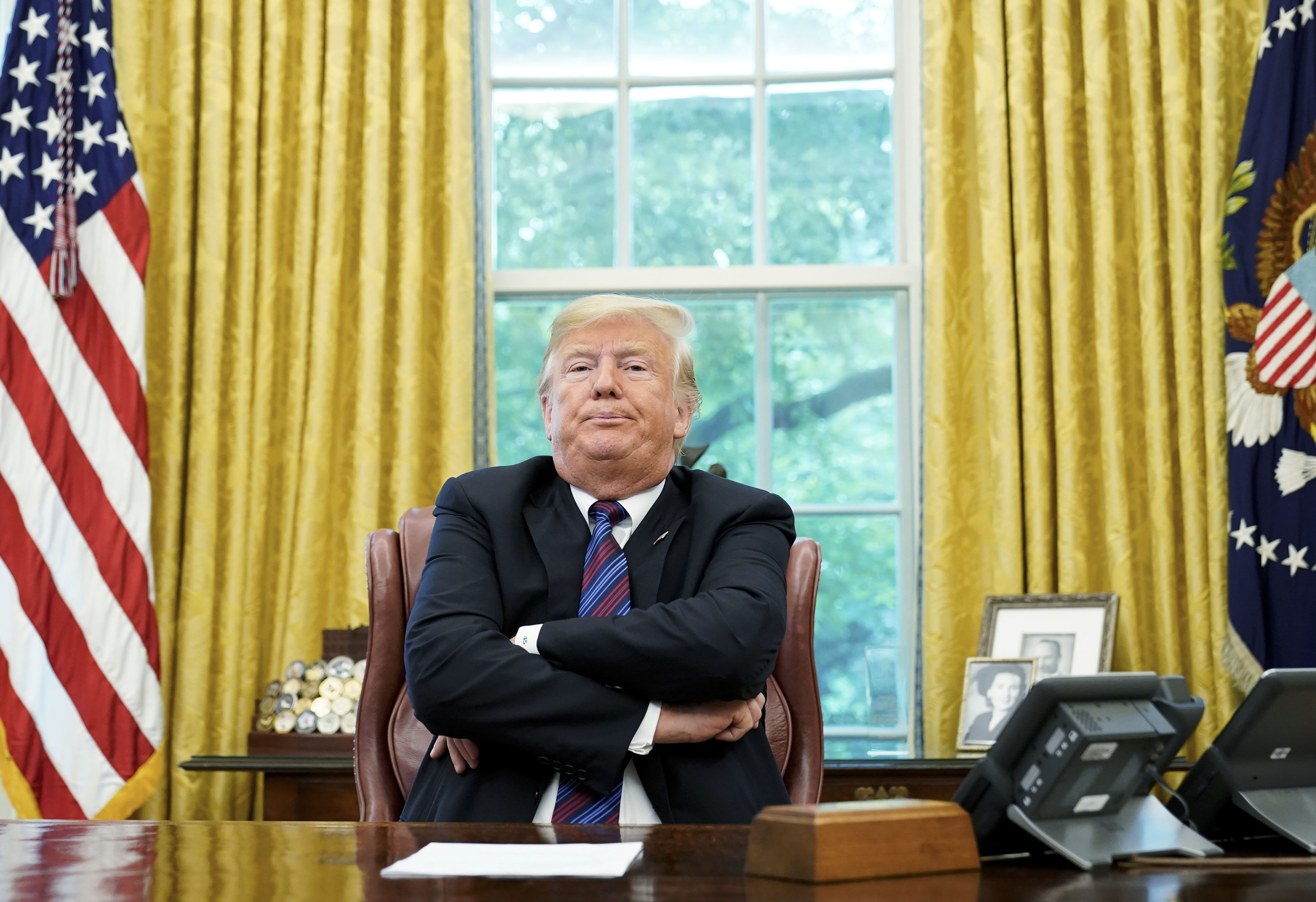Mexico’s Economy Minister Ildefonso Guajardo said the fate of the North America Free Trade Agreement (NAFTA) between itself, Canada and the United States will be settled this weekend.
“In the next 48 hours we will know if we’re going to go with a trilateral text (that includes Canada) or if we’re going to be forced to publish a text of the bilateral (U.S.-Mexico) deal,” Guajardo told lawmakers.
If the goings-on between Canadian Prime Minister Justin Trudeau and President Donald Trump this past week at the United Nations General Assembly in New York are any indication, relations remain chilly between the neighbors. Trump claimed to have rejected an invitation from the Canadians to speak because their tariffs on U.S. goods are still too high; Canada says it never invited Trump to meet at all.
The Trump administration had issued a Sept. 30 deadline to Canada to make a decision about joining the deal. That gives Congress the requisite 60 days to review the deal and approve it in time for Mexican President Enrique Pena Nieto sign on before he leaves office and is succeeded by Andres Manuel Lopez Obrador.
But the Canadians, who have already blown past several of the U.S.-imposed deadlines, are essentially refusing to be rushed or bullied into taking a deal they see as unacceptable.
Ottawa have major objections on a couple of different fronts: the Chapter 19 trade remedy system (essentially, an anti-dumping clause), which Trump has eliminated in the deal he negotiated with Mexico; and a sunset clause which Trump has added to the new deal.
It’s also unclear how foreign car companies operating in North America will be able to comply with terms of the deal, as is.
Insisting that NAFTA is a bad deal for the United States, President Trump has been pushing to renegotiate the deal Canada and Mexico for more than a year now, with slow and uneven progress.
In late August, Mexico and the U.S. came to an agreement and while the deal is written as a trilateral agreement, President Trump claimed that he was willing to move on without Canada. That came as a bit of a surprise to Mexico, since much of what had been agreed to cannot happen without Canada.
Quoting Chris Krueger, managing director at Cowen Washington Research Group, who calls a Canada-free NAFTA deal “HALFTA,” CNBC reported that there is a “potential that this all ends in a raging dumpster fire.”
One thing is clear: The longer this goes on, the more uncertainty will creep into the automotive sector, which could affect jobs and consumer prices in the United States.


